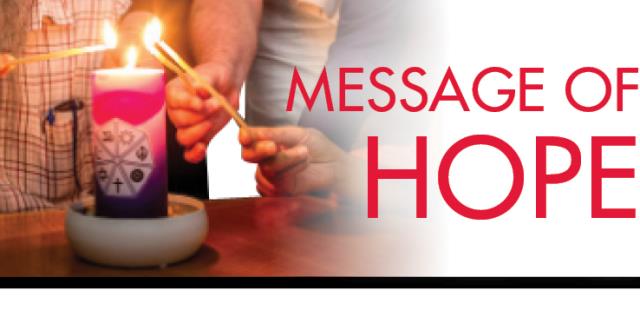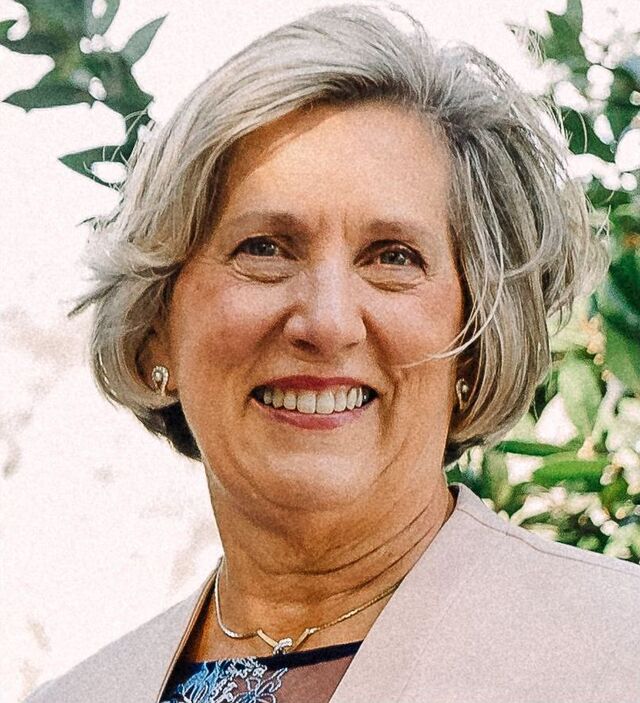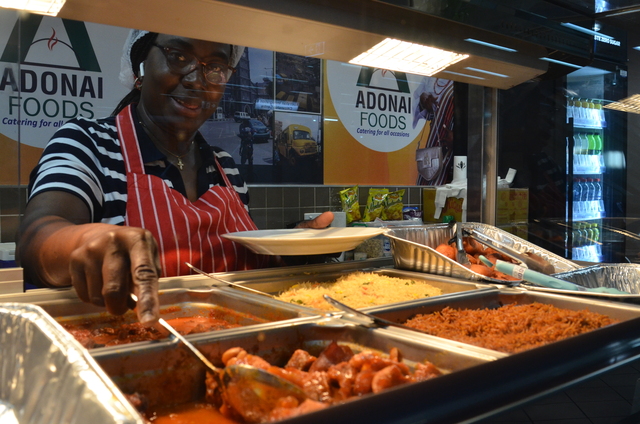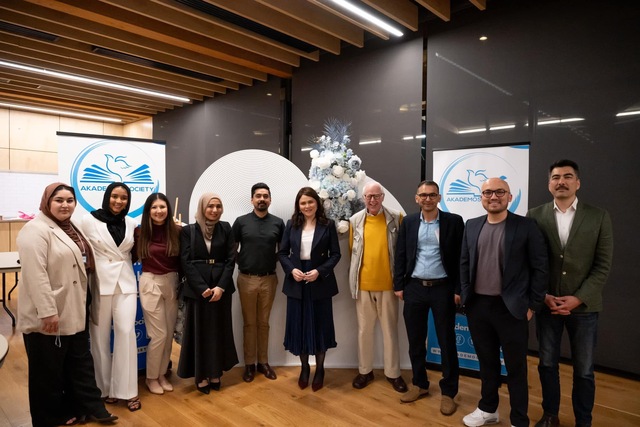Hope is a common thread that connects us.
It’s often a message wishing someone the best, an expression of care for someone’s welfare.
Sometimes there’s a lot at stake if things don’t turn out for the best – a hope against all hope implies we’re clinging to a slim possibility of a good outcome, knowing that despite our fervent desire, the odds of a long-planned ambition being fulfilled, or the reality of a diagnosis of healing are extremely unlikely.
In everyday situations, the expression of hope is a reflection of our uncertainty, of pessimism, that arises from our fear that potentially something could go wrong.
To protect our emotions from such negativity, we resort to hope.
Hope represents a state of mind, an expectation of positive outcomes, and a motivation to strive for better things.
Yet our optimism for things to turn out OK seems fragile, perhaps it’s even a vain hope of unfounded positivity.
For many connected to faith communities, we are more inclined to understand hope as being rooted in divine assurance.
It’s founded on a promise that offers a profound sense of encouragement and resilience amid life’s uncertainties.
By trusting in God’s promise of grace, individuals draw strength and confidence, allowing hope to transcend mere optimism and become a powerful source of spiritual support that sustains and uplifts them through challenges.
Hope is considered to be one of three foundational virtues: faith, hope, love – and His grace is enough to give us all the hope we need.
So long as we live by God’s grace, we can have hope.
Along my own spiritual journey, I’ve found this reassuring.
My faith in Jesus is not a reflection of my fear or uncertainty; on the contrary, it is hope that sustains me.
It offers a certain confidence that things will be alright because I trust in God’s plan for me.
My hope is not merely a desire of something good for the future — I anticipate goodness to prevail.
Not only do I expect it to happen — I’m confident it will occur.
This confidence is relevant for each of us – a moral certainty that the good we expect and desire will be done.
Accepting this confidence allows us to be hopeful.
The situation is not hopeless when we possess faith; it’s not blind hope, but an openness that invites grace into our lives.
Hopeful is to be ‘full of hope’.
God’s grace is received when our faith is not simply a vain hope but a firm belief that God will fulfil His promises.
At St. John’s German Lutheran Church in Springvale, many find strength and community in this enduring hope.
I look forward to an opportunity where I may share this promise together in fellowship with you, when you come along and visit us at St. John’s.
In the meantime, may the daily pursuit of the hope you rely upon be the kind of hope that is not merely wishful thinking but a confident expectation that you are in good care.
May you experience peace in the knowledge that you are not alone in life’s journey, but that God is on your side, looking out for you.
Enquiries regarding the Interfaith Network, City of Greater Dandenong administration@interfaithnetwork.org.au or 8774 7662.
Visit interfaithnetwork.org.au








